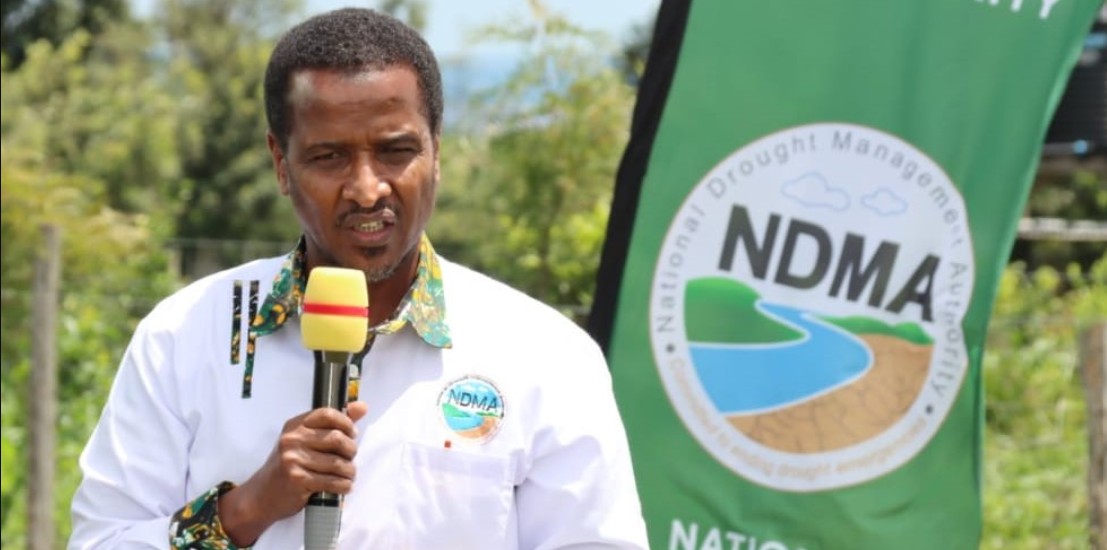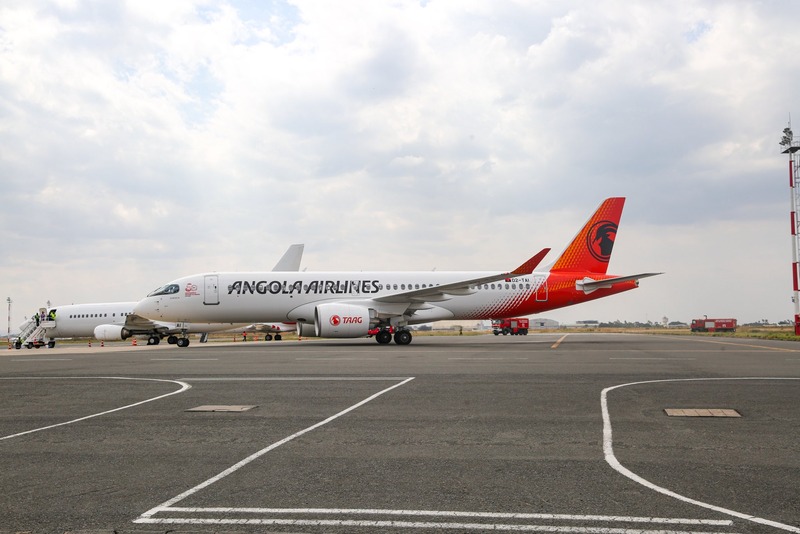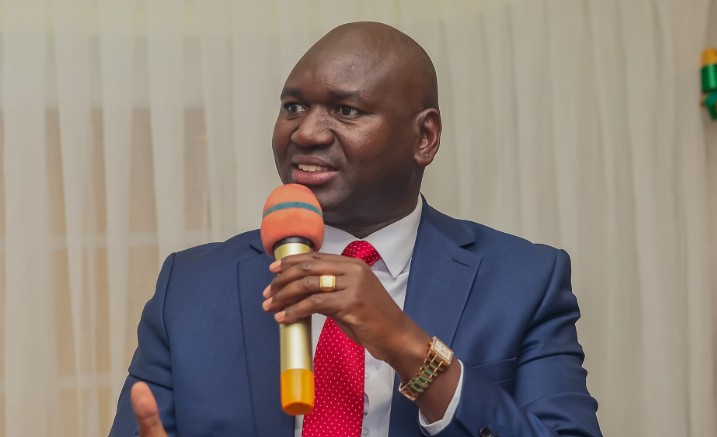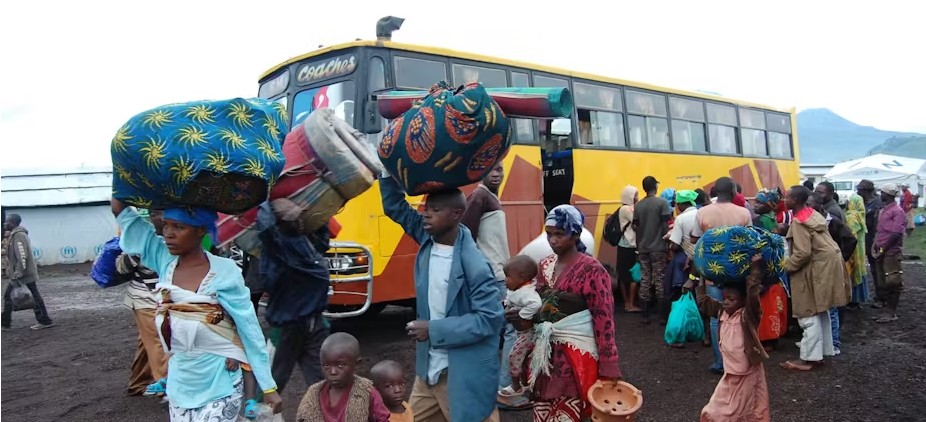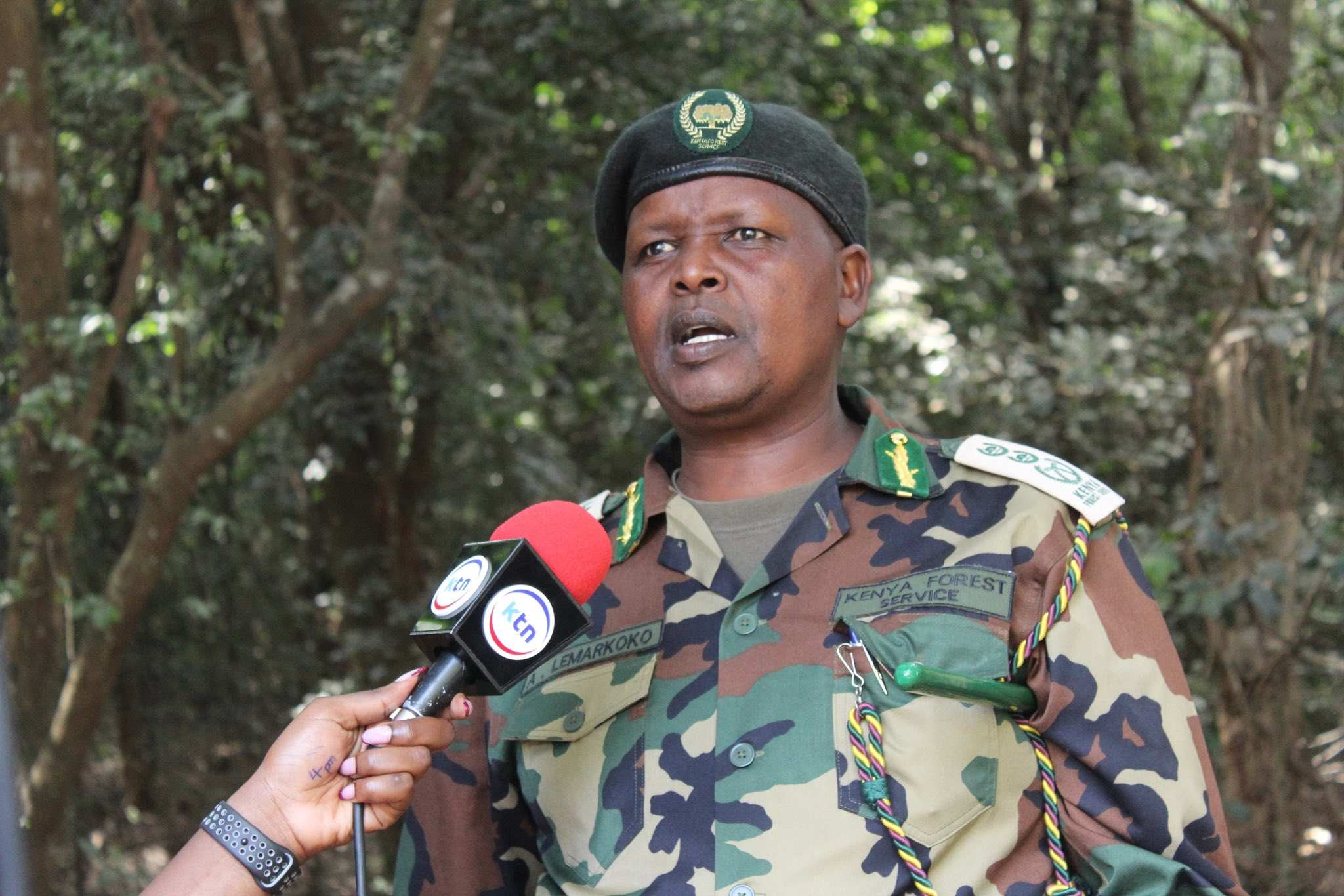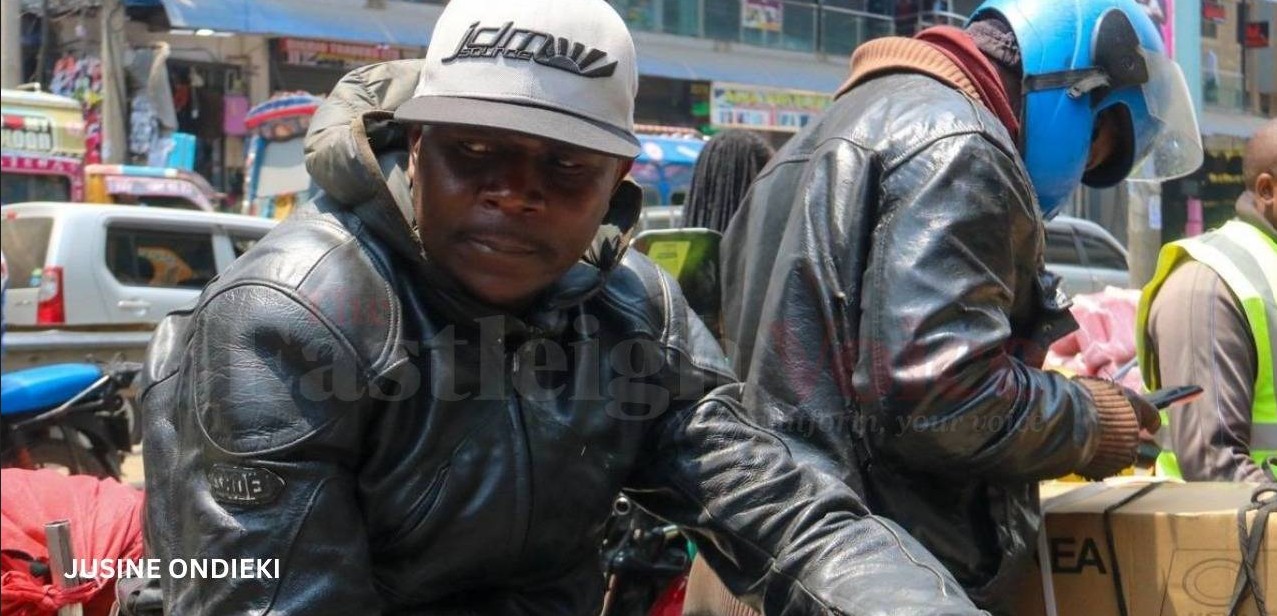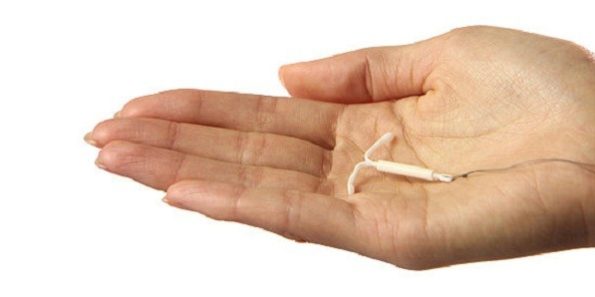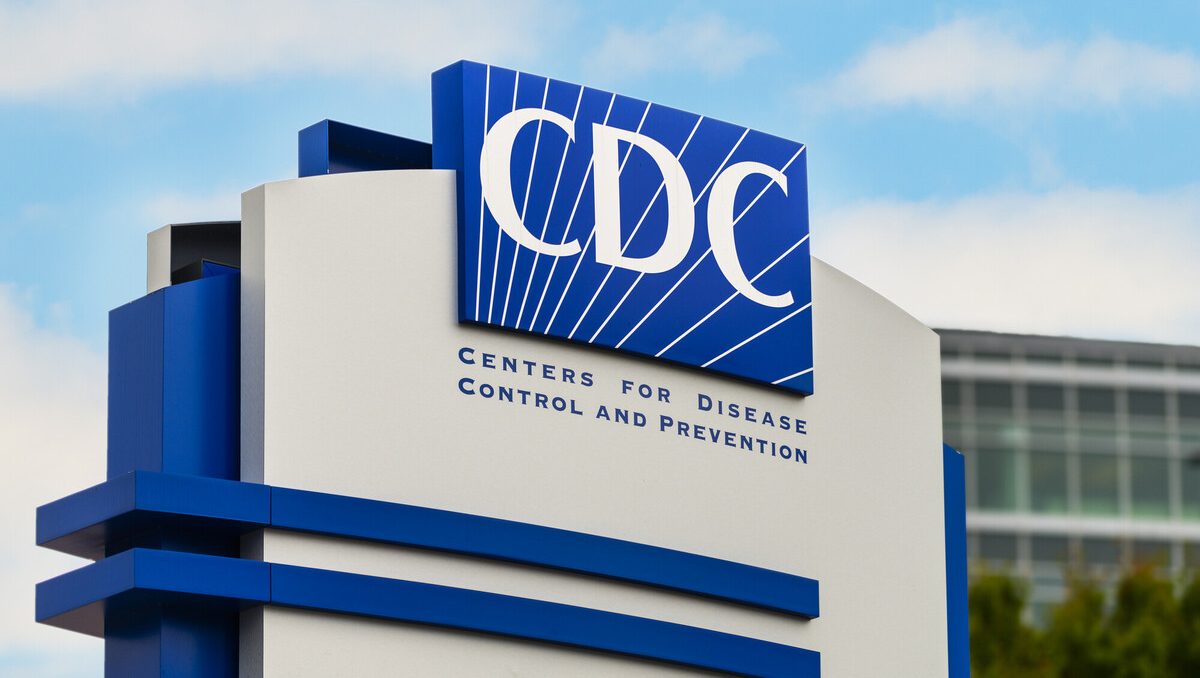Haitians voice skepticism at proposal for interim government
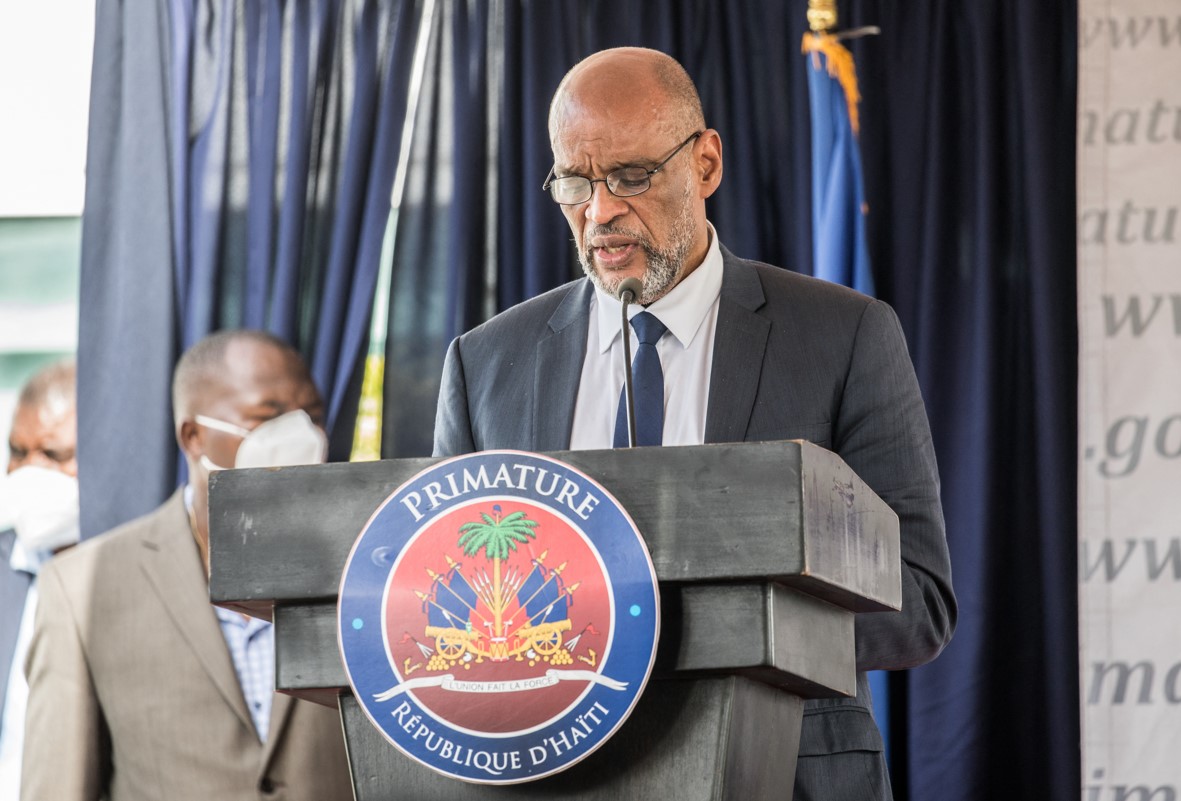
Kenya, which had agreed to provide a thousand police officers and lead that mission, said Tuesday the deployment would be suspended until a presidential council is installed.
Haitians were on edge Friday awaiting the naming of a transitional governing body meant to restore stability to the country, wracked by gang violence and largely isolated from the outside world.
Attacks in the capital Port-au-Prince continued overnight, targeting the airport and a top police official's home, while residents mounted roadblocks in two spots both to impede the criminal gangs and signal their frustration, an AFP reporter saw.
More To Read
- Kenyan police officer killed in Haiti accident identified
- UN rallies behind Kenya-led security mission in Haiti
- ‘The people of Haiti are in a perfect storm of suffering,’ warns UN chief
- Kenyan-led forces retake Télcos Station from gangs in Haiti
- Ruto, US Secretary Rubio discuss Haiti security mission, trade as Kenya pushes UN support
- Why ‘Tomorrow is too late’ to scale up humanitarian aid in Haiti
Some are hoping a transitional council can fill the void left by departing Prime Minister Ariel Henry, who is leaving amid pressure from an offensive by gangs that control 80 per cent of the capital.
Yet many have decried the pending establishment of a transitional council, a move supported by the Caribbean regional body CARICOM, the United Nations, and the United States.
"I'm in the street now and I'm very angry," resident Francois Nolin told AFP, claiming that "the Americans are imposing certain conditions on us to run the country."
"White people have no right to meddle in our affairs. Instead of making things better, they'll make them worse," said Jesula, a Haitian woman who declined to give her last name.
The country has a long, brutal history of foreign interventions, from a 20-year American occupation in the early 1900s to a deadly cholera outbreak linked to a UN peacekeeping mission in the 2010s.
Gunfire Thursday near the airport left one police officer wounded. The home of the top police commander was also pillaged and burned, the police union reported.
An overnight curfew was extended to Sunday in the Ouest department, which includes Port-au-Prince, to "retake control of the situation," according to the prime minister's office. A state of emergency is set to end April 3.
"There are great numbers of prison escapees in the streets," said Port-au-Prince resident Edner Petit. "The situation is getting steadily worse. The decision to impose a monthlong curfew is to be praised ... but it shouldn't have had to come to that."
Underscoring the impact of the crisis on ordinary Haitians, the Haitian Medical Association on Thursday expressed "consternation" over the "forced closure of hospitals" and "acts of physical violence against care personnel."
Henry, whose term in office was marked by rising gang violence, announced Monday he would resign once the transitional council is stood up.
President Jovenel Moise, who appointed Henry, was assassinated in 2021 and was never replaced. The country has not held elections since 2016 -- another source of political frustration among the Haitian population.
CARICOM was holding an emergency meeting with representatives of Haiti, the United Nations and concerned countries including the United States.
The meeting charged Haitian political groups with establishing the transitional governing body, and most of those groups have submitted the names of their chosen representatives, US Secretary of State Antony Blinken said Friday.
Members of the so-called December 21 Accord, the group supporting Henry, have struggled to agree on a single nominee but are in talks aimed at doing so.
The transition council is supposed to comprise seven voting members representing key political and private-sector forces in Haiti. It has been tasked with selecting an interim prime minister and nominating an "inclusive" cabinet.
But several groups will be excluded: those who have been charged with or convicted of crimes; those facing UN sanctions; anyone planning to take part in coming elections; and anyone who has opposed UN plans to deploy a multinational peace force in Haiti.
Kenya, which had agreed to provide a thousand police officers and lead that mission, said Tuesday the deployment would be suspended until a presidential council is installed.
"Leaders can't unite to move the country forward, and the poor people are suffering. While foreigners ultimately take control of the country," said Wilbens Lebrun, a painter.
As the country's humanitarian situation spirals toward famine, the UN agreed to establish an "air bridge" between Haiti and neighbouring Dominican Republic to expedite aid.
According to the World Food Programme, some 4.4 million Haitians suffer from acute hunger.
The United States on Friday announced plans to send an additional $25 million in humanitarian aid, on top of the $33 million announced early in the week.
The funds will go to NGO efforts to provide food, safe drinking water and emergency health care, the US Agency for International Development (USAID) said.
Top Stories Today
